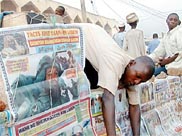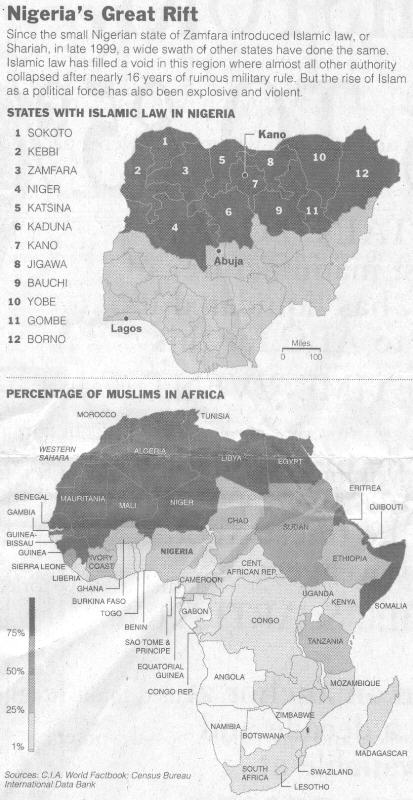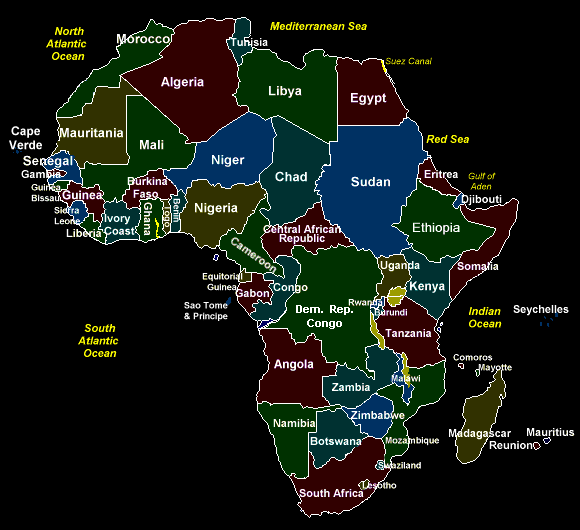|
The new variety of famine is forcing international relief organizations to retool their strategies. Food relief is usually considered to be temporary aid, until a country recovers from its shortages. But with AIDS, and the prospect of no quick recovery, food relief becomes long-term care. As the AIDS crisis spreads, food shortages increase. As food shortages increase, so does malnutrition, which makes people more susceptible to diseases stemming from a weakened immune system. Although the drought in southern Africa has eased somewhat since last year, the U.N.'s World Food Program has recently launched another appeal to help feed the region. It is asking donor countries and organizations for $308 million to buy close to 540,000 tons of food, enough to feed 6.5 million people until next June.
In Swaziland, "the drought combined with illness has pushed people over the edge," says Sarah Laughton, the WFP's emergency coordinator in the country. "Even if the rains come, they won't recover."
At a WFP food-distribution center in the southern village of Ngologolweni, women and children gather under a big Mopani tree in a schoolyard to wait for their rations. They are "widows, women abandoned by their men, orphans -- all those who can't plant, who have no resources," says Dudu Ndlangamandla, a member of the local relief committee.
Bags of food from around the world are lined up in neat rows: rice from Algeria, peas from Japan, a corn-soy blend from the U.S. A 14-year-old boy walks over from the school to register for his rations; he lives with his 17-year-old sister. An older woman with her left big toe sticking out through a hole in her tennis shoe also comes down from the school and joins the line. She helps to cook for the schoolchildren, she says, but she can't grow enough to feed her own family of six children since her husband died. She says he was "poisoned." Despite the high prevalence of HIV here, it is rare for someone to admit having it, or for people to acknowledge that relatives died of AIDS. Instead, they use various euphemisms.
At a small community center close to the capital of Mbabane, a kettle of porridge cooks on an outside fire, and a big pot of vegetable soup heats up on a stove inside. This is one of a network of neighborhood locations that offer a warm meal to orphans every afternoon after school, with support from U.N. agencies. "We had been seeing the children scavenging for food in trash cans, and we said we needed to give them a meal to eat," says Janet Aphane, one of 20 local women -- most of them retired teachers, nurses and civil servants -- who prepare the food.
They began a year ago with 30 children a day and are now up to 80. "We have to turn away a lot of children, because our resources limit us," she says. "About 500 children would come if we threw open the doors."
The orphaned children also keep flocking to 73-year-old Mandathane Ndzima in the rural village of Mpathni. They are her grandchildren, 20 in all, who come under her care as her children die one by one. Her youngest son died first, of tuberculosis, a common illness of those weakened by AIDS. Then her oldest son died in a car accident. Then the middle son died, and his wife, too, of tuberculosis. In total, they left 12 children behind. Now a fourth child, a 40-year-old daughter also suffering from tuberculosis, has returned home with her eight children.
| |




